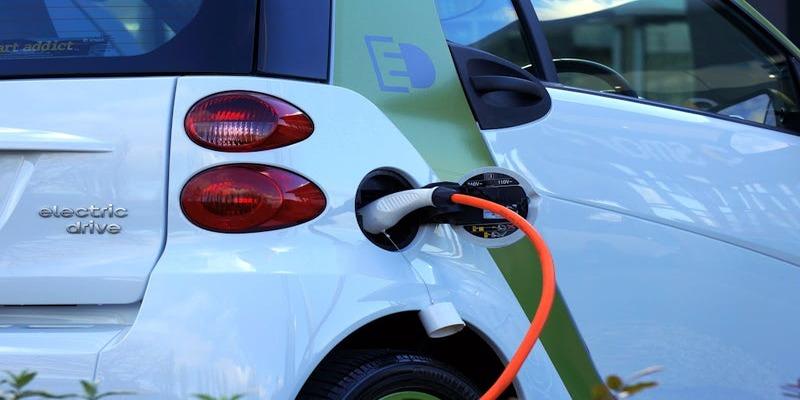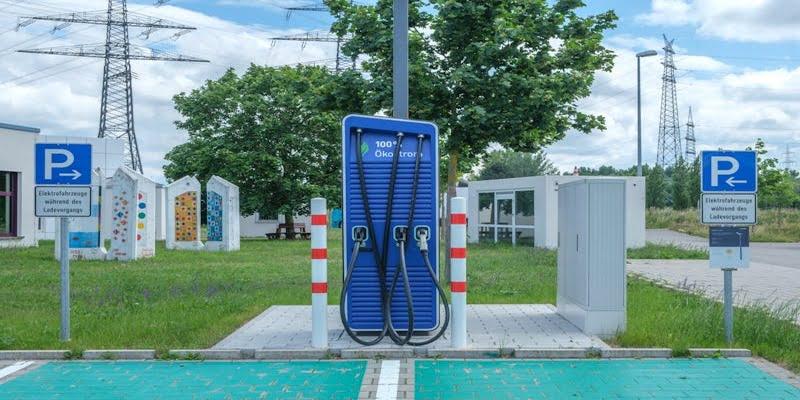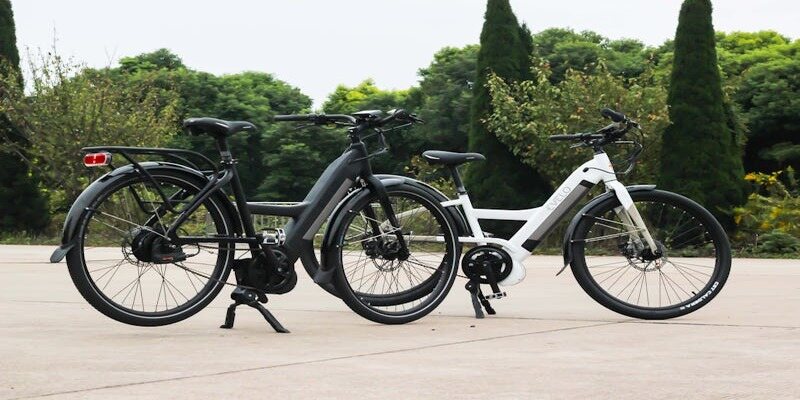China was the largest EV market before most people realized how huge it was. For eight years, China has been the world's largest electric car market, selling 6.8 million in 2022. Over the last two years, Chinese EV sales surged from 1.3 million to 6.8 million. EV sales in the US reached 800,000 in 2022. Electric cars are also growing in Singapore due to government incentives and charging facilities.
The trend was prominent in the West with players like Tesla, but it is now spreading through Asia. This is especially true because China is one of the major manufacturing hubs for EVs.
More Chinese Ev Makers Debut In Singapore

Chinese companies that make electric vehicles (EVs) have started showing up in Singapore.
Furthermore, more Chinese EV manufacturers are moving their factories to Singapore because the country wants more people to buy electric vehicles (EVs) by offering benefits and setting up charging stations. The SG$199,999 ($150,604) Zeekr X, Geely's premium SUV, launched the Zeekr brand. People may test drive Xpeng Motors' G6 electric SUV for SG$209,999 to SG$224,999. Beijing BYD, the world's largest electric vehicle producer, launched electric taxis and passenger EVs in Singapore in 2014.
Moreover, an increase from 18% in 2023 to 12% of all new cars sold in Singapore were electric. EVs are being used more in the country because of this. Government officials have decided that the EV Early Adoption Incentive program will keep going after 2025. Moreover, this program will pay you up to SG$15,000 as well. The goal of this is to have about 7,100 charging stations by 2030, with an extra 60,000 planned. Still, others are worried about Singapore's small market and high car prices. In contrast, BMI predicts that sales of battery electric vehicles will increase by 74.7% in 2024, thanks to help from the government and the release of more Chinese EV models.
Benefits of Electric Vehicles

Environmental Benefits
Fuel-powered or gas cars are worse for the earth than electric ones. Unlike internal combustion engines, which run on natural fuels, they are powered by lithium-ion batteries that acquire power from energy. Dangerous fumes like carbon dioxide are less likely to get into the air because electric vehicles don't pollute it. Additionally, they produce less waste than some others. Electric cars also use less energy than gas-powered cars; when they're moving, they only use about 70% of their battery power. Low-emission cars and trucks hurt the earth less and use less energy.
Lower Maintenance Costs
Electric vehicles cost less to compete than gas-powered cars. Due to lithium-ion batteries and electric motors, Chinese EVs have fewer components and don't require oil changes. There are also fewer engine and component failures. Over time, electric vehicles need less maintenance. Electric cars cost less per mile than gas-powered cars.
Quiet
Running diesel or gasoline-powered cars is a lot noisier than driving an electric vehicle. The air intake and exit systems of gasoline-powered engines make noise and move parts around. Alternatively, electric cars don't need gas since they only use electricity. Only the tires or the wind resistance make noise. Although most electric cars are quiet, which makes driving more fun and reduces noise pollution, some make noise at low speeds to let walkers know they're coming, which keeps them safer.
Enhanced Performance
Presently, EVs in Singapore often go faster and have more speed than their gas-powered rivals. People used to think that the first electric cars were slow, but new technologies have made them go a lot faster. Because they don't need a manual transmission, elevated vehicles can go faster because the power gets straight to the wheels. Furthermore, they can distribute power better since they have fewer working parts; this is why electric automobiles nowadays are great.
Purchase Incentives
Incentives encourage Chinese EV usage. These incentives might lower the starting cost of an electric car. The government offers financial incentives and tax breaks to those who purchase electric vehicles. Furthermore, owners of EVs in Singapore are exempt from a number of traffic laws and licenses, such as congestion fines in big cities. These financial incentives are intended to increase customer demand for and accessibility to electric vehicles as the nation seeks to improve the usage of ecologically friendly transportation choices.
Home Charging Convenience
China makes home charging convenient for those who drive electric vehicles, saving them several visits to the petrol station. This ease of use is enhanced by the increasing availability of home charging facilities. Vehicles may now go further between charges owing to advancements in battery technology. When charging a car at home, it is more efficient to begin each day with it completely charged. The total usability and attraction of electric automobiles for everyday usage are increased by how easy they are to charge.
Free Parking Opportunities
Owners of electric vehicles may be able to park for free or very cheaply in several areas of China. Electric car parking spots are common, and they often come with charging stations. If parking costs in certain specified places are reduced or removed, there can be a big financial impact. Use your car more sensibly while driving and parking, for instance, if you own an EV in Singapore, which is a big city with plenty of parking alternatives. These kinds of incentiveswhich are designed to encourage the usage of Chinese EVsshould be offered in more places as the number of people using them increases.
Future-Proof Technology
Electric vehicles are becoming even more future-proof thanks to China's expanding infrastructural development and continued technological advancements. The number of electric vehicle charging stations is growing faster than gas stations, enabling this advancement. The latest features and innovations are always available in many electric automobiles since they are designed to receive software upgrades on a regular basis, generally remotely. This feature makes Chinese EVs a long-term investment in contemporary transportation since their value and significance increase over time.




